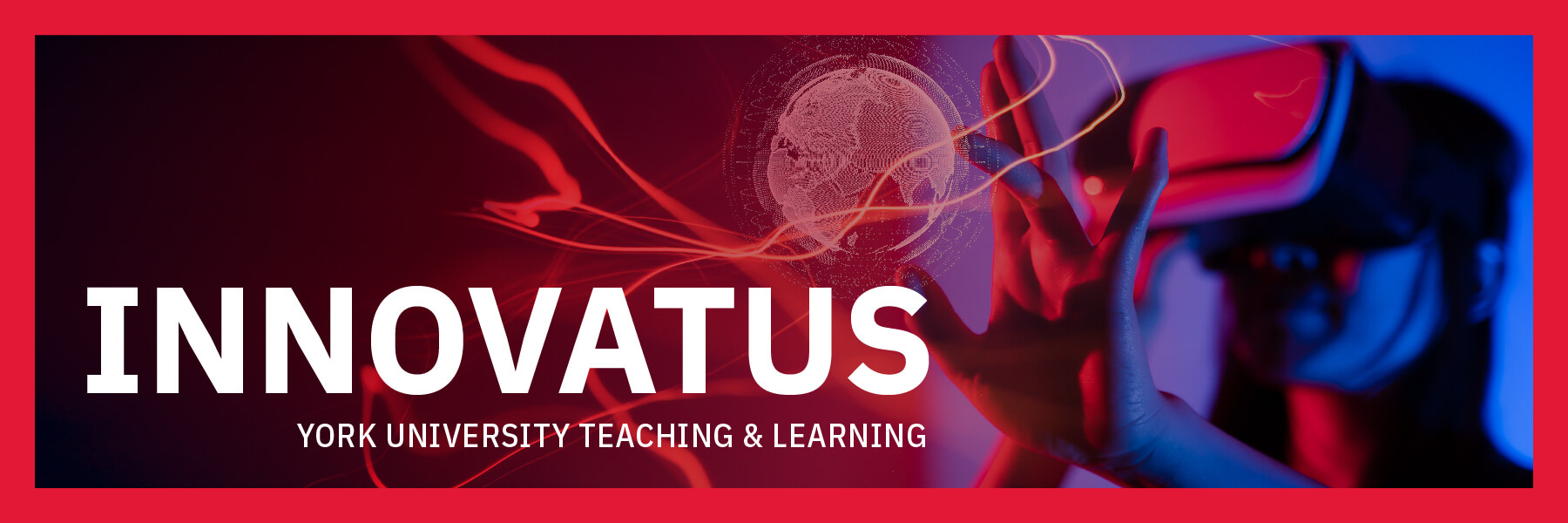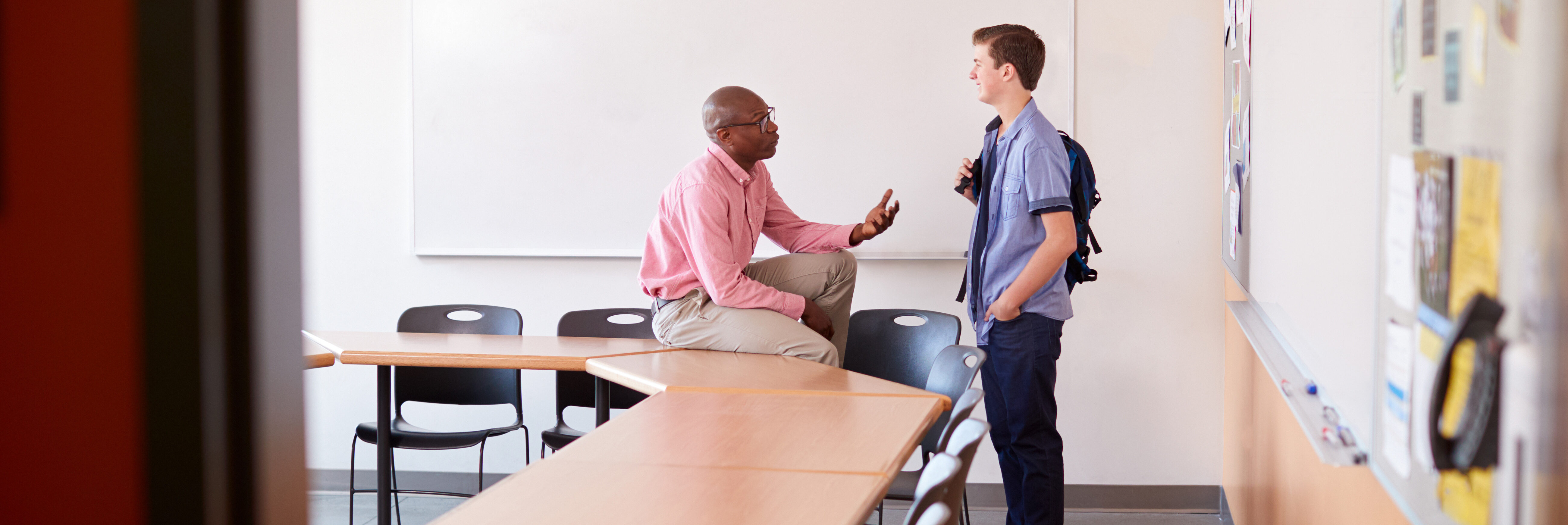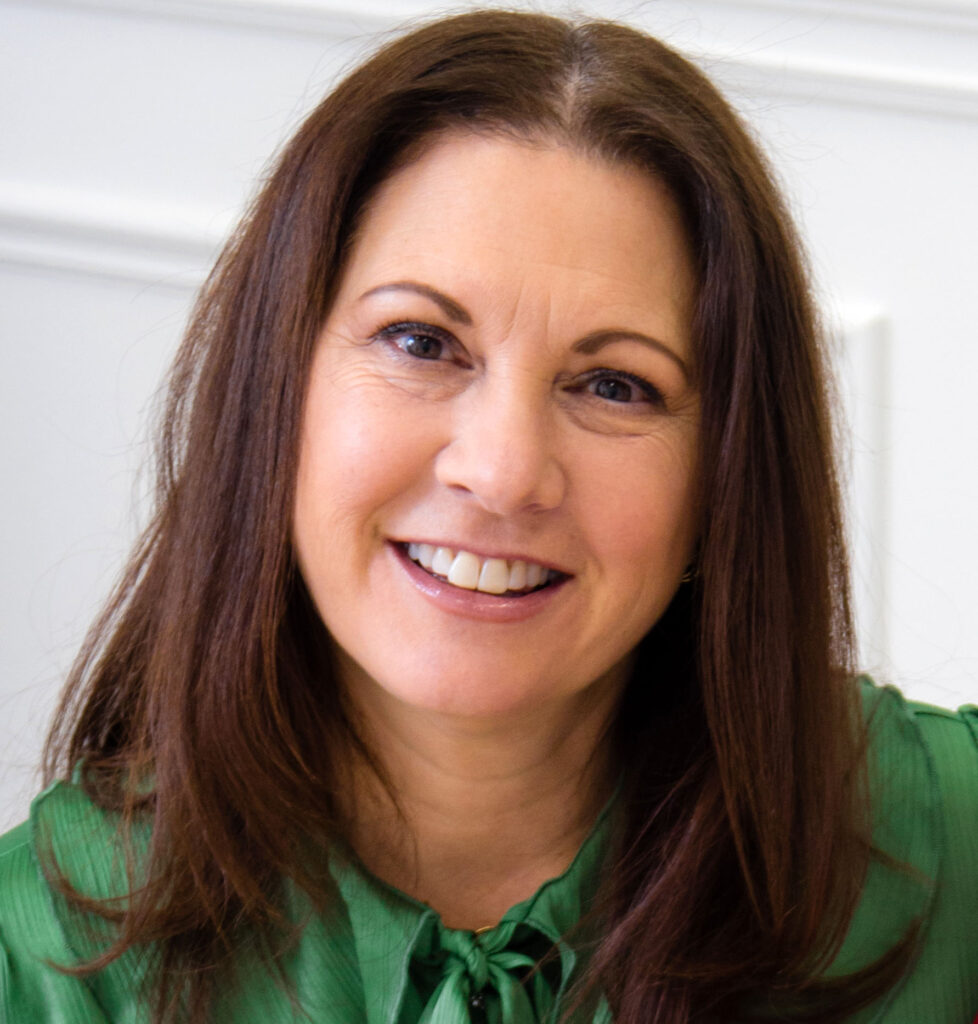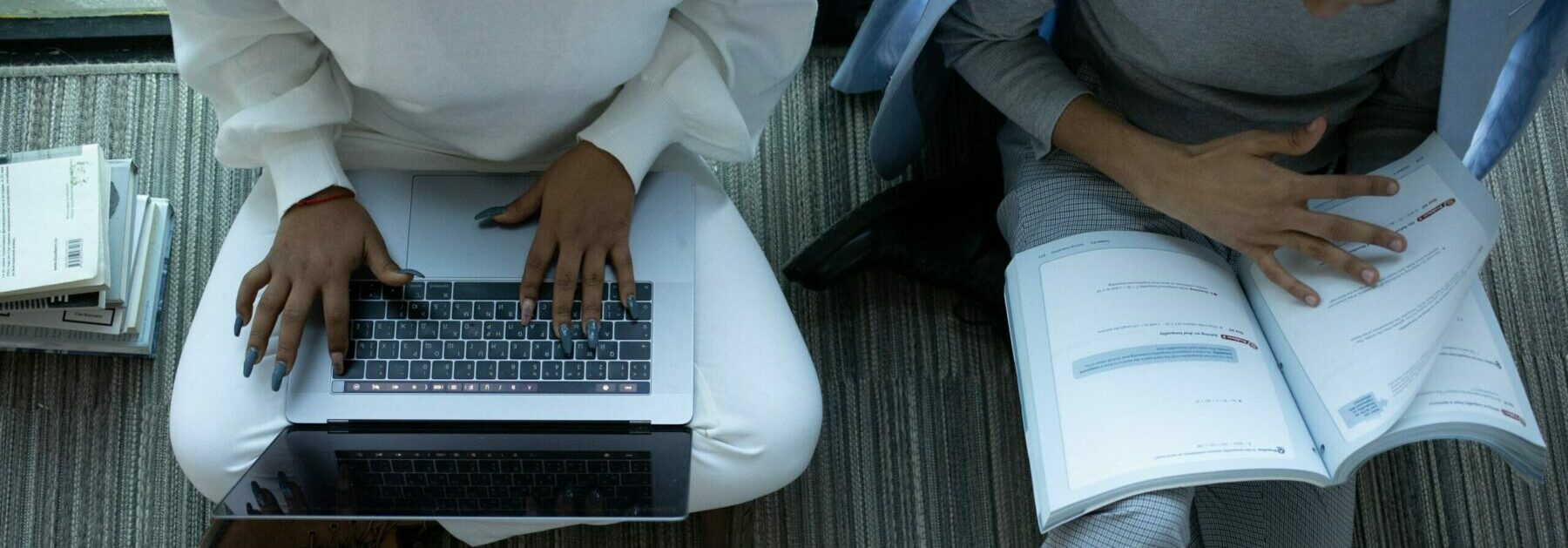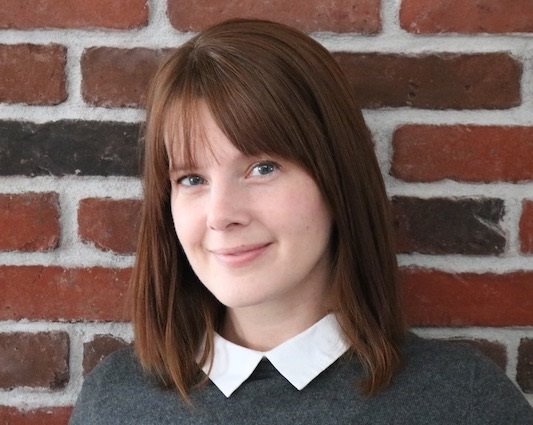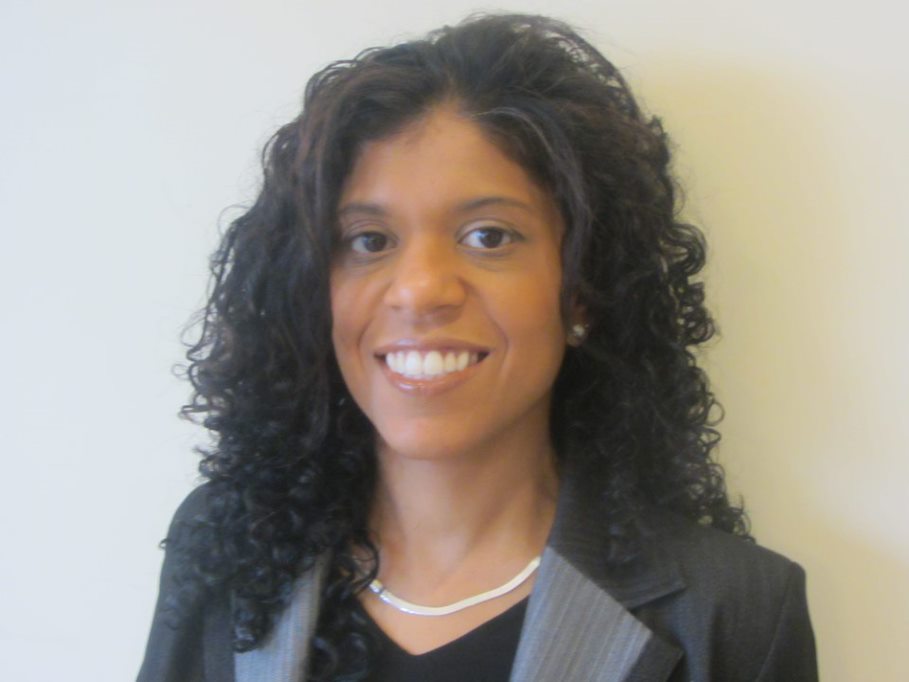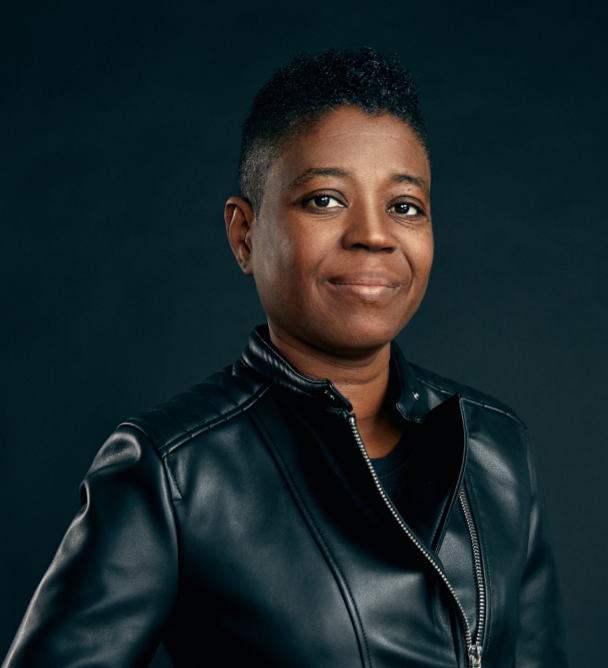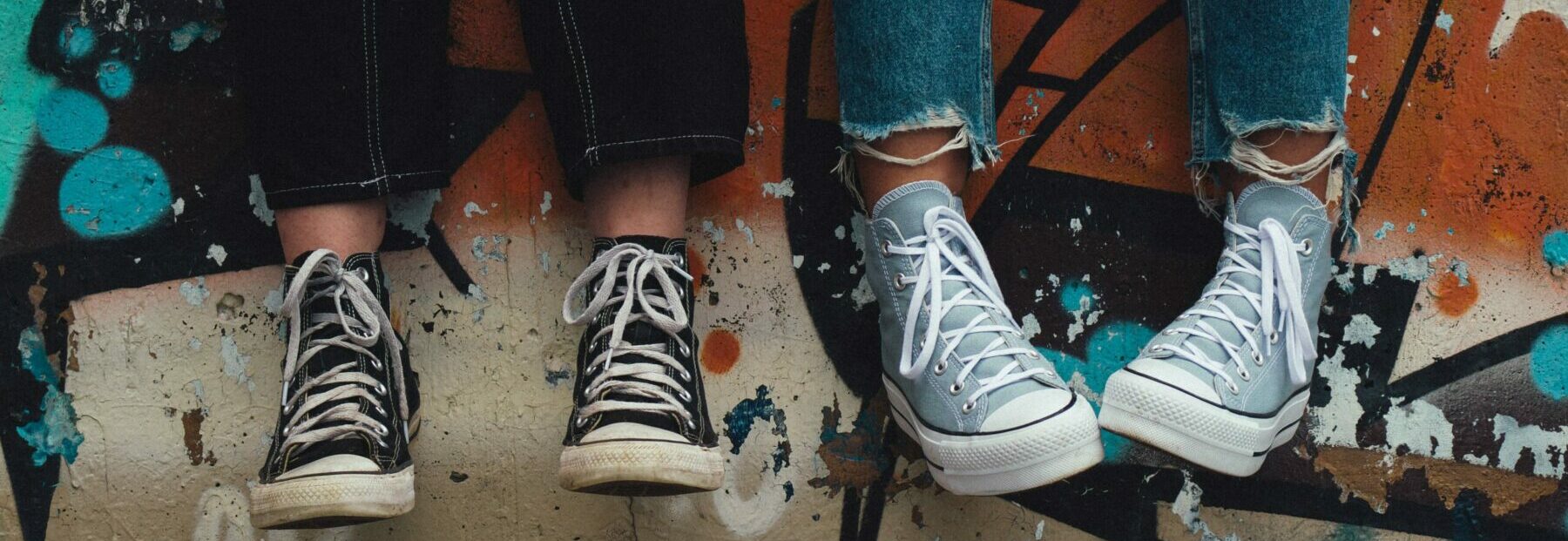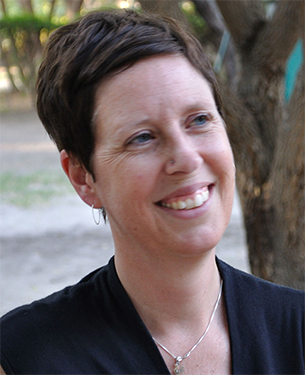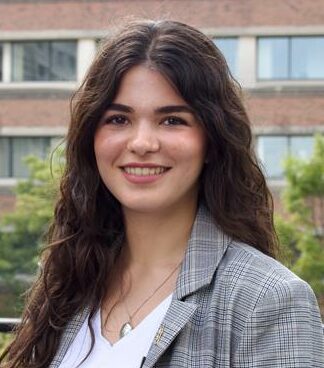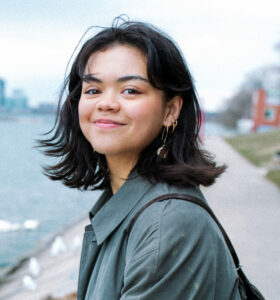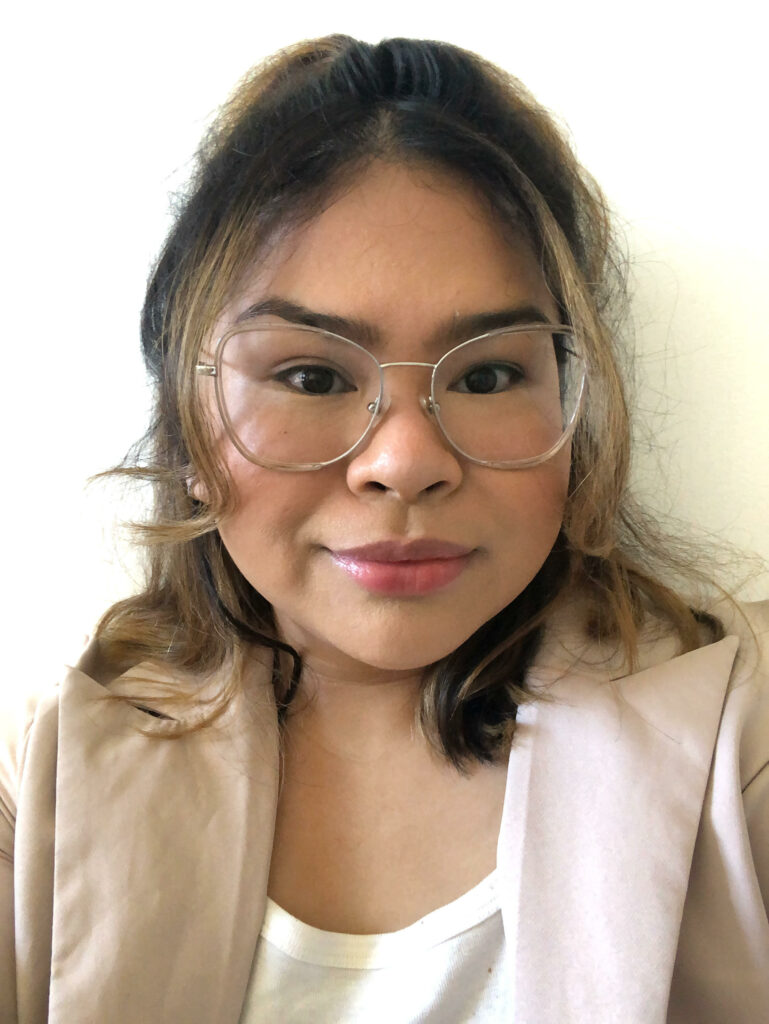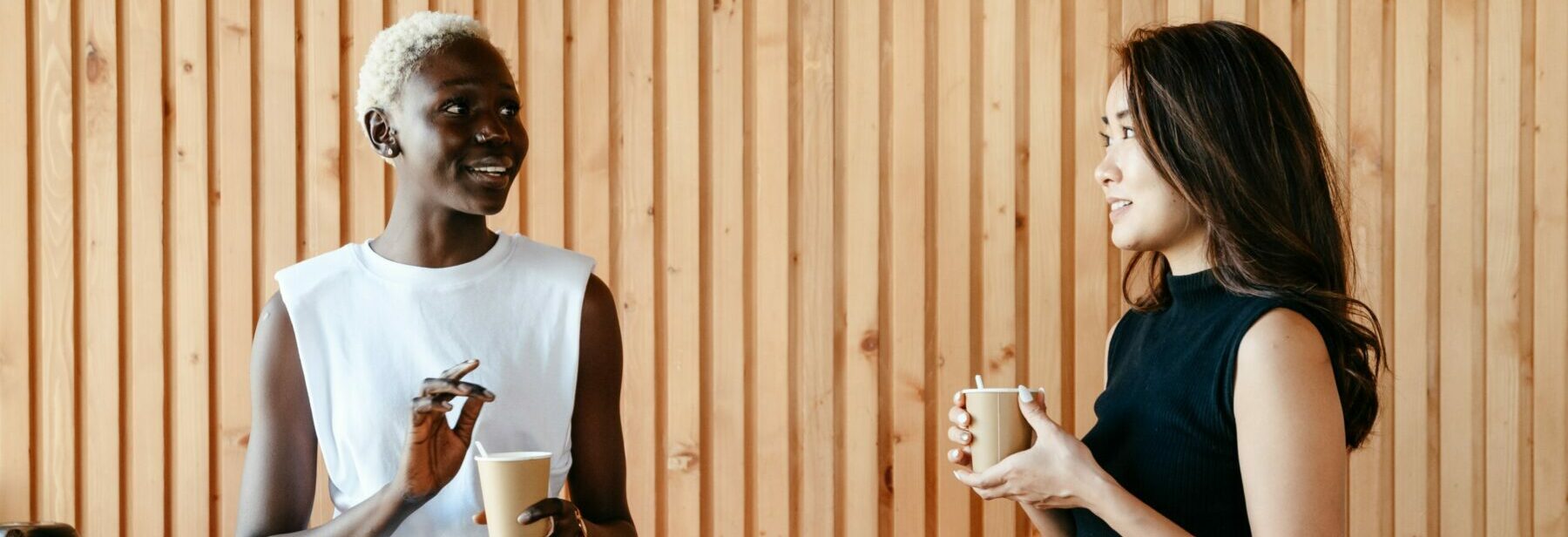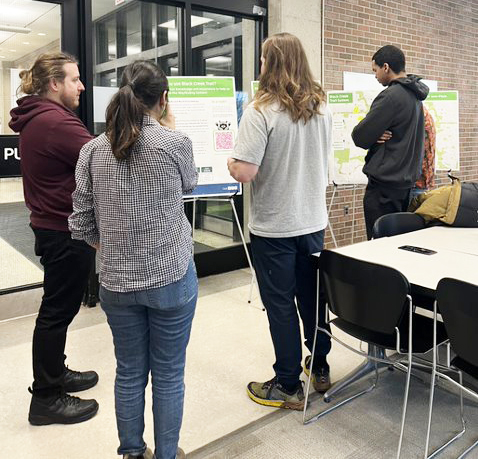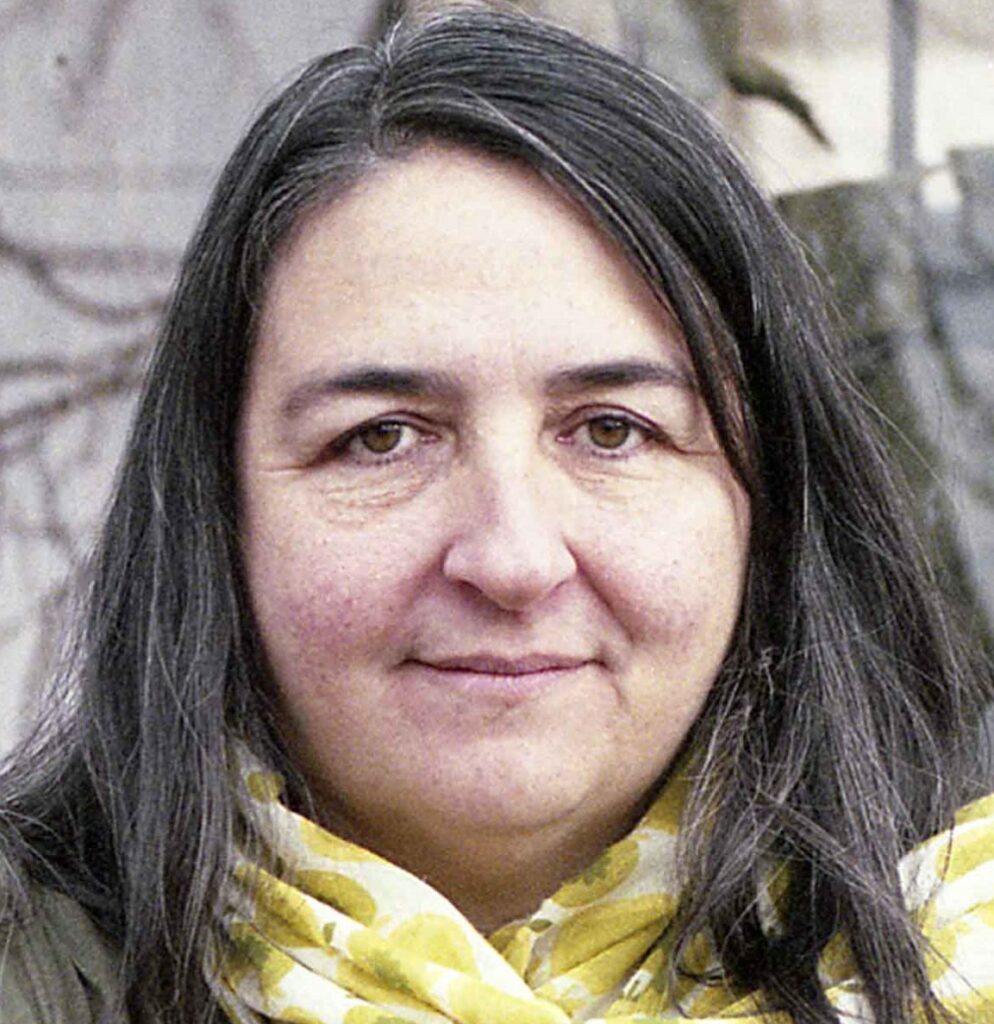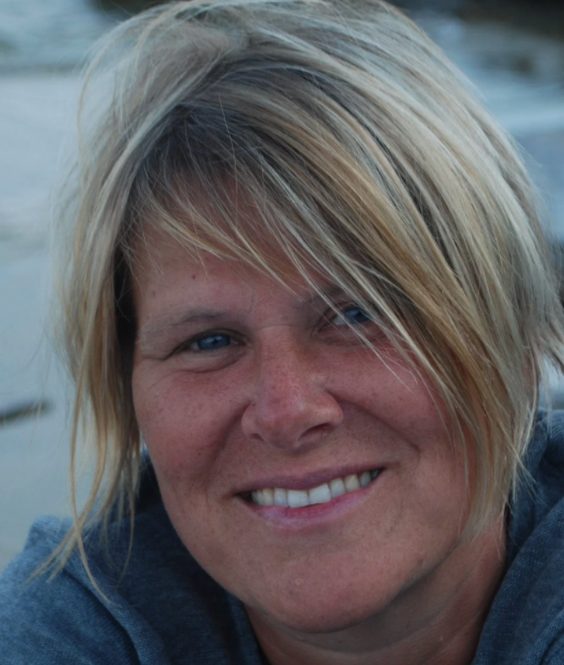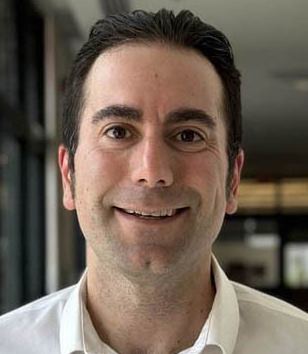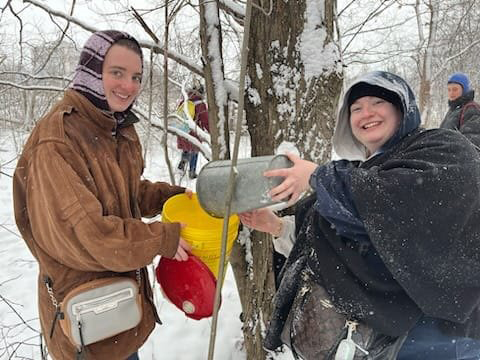Welcome to the final issue of Innovatus for the 2022-23 academic year. As we move toward 2023-24, it’s fitting that we end the year with a focus on education, a field that promotes growth and change.

Change is also afoot for Innovatus with my term as associate vice-president, teaching and learning, coming to a close. It has been a pleasure serving as publisher of Innovatus, because it has continually reminded me how prevalent creativity and dedication to innovation in teaching and learning are here at York. Each year, I am delighted as wave after wave of interesting, challenging programs and projects emerge from our Faculties. An enjoyment of learning is something we educators hope to inspire in our students, and from this vantage point, the myriad efforts are reaping rewards with no end in sight. I am proud that the team in this office has helped to disseminate the insights and efforts of so many of York’s excellent minds.
In this issue, our spotlight shines on the Faculty of Education, which is celebrating its 50th anniversary this year. A number of professors have collaborated in turning their research and experiences into books that can be used to teach others. Working in partnership is one of the University Academic Plan’s priorities, and Carl Everton James, the Jean Augustine Chair in Education, Community and Diaspora, and alumna Leanne Taylor, PhD, examine the experiences of first-generation university students. The inaugural chair holder, Nombuso Dlamini, serves as co-editor of a collection of scholarly essays she and her colleagues wrote during her five-year term. Meanwhile, Gillian Parekh assembled a team of colleagues at York and elsewhere to create an educator’s guide to equity and human rights in special education and a corresponding website.
Our final story this month isn’t about a book, but about adding new technological education courses to the breadth of York’s offerings so teachers can instruct students who are looking toward jobs in the skilled trades. Tradespeople are in demand across the country, and educators can make those career pathways more inviting and accessible.
I know you will find these stories illuminating, given that education is our business – and our passion, something that is reinforced as I review the Innovatus stories each month.
As I leave my role as publisher, I thank you all for your interest in and support for Innovatus. I have no doubt that the team will continue to provide you with a stellar mix of interesting, informative stories each month.
Best wishes,
Will Gage
AVP, Teaching & Learning
Faculty, course directors and staff are invited to share their experiences in teaching, learning, internationalization and the student experience through the Innovatus story form, which is available at tl.apps01.yorku.ca/machform/view.php?id=16573.
Groundbreaking work in Faculty of Education will foster positive change
Faculty of Education Dean Rob Savage shares how teaching and learning reflects a focus on innovation and improvement to shape and respond to the complexities of education in the 21st century.
Faculty of Education responding to need for careers in skilled trades
Professional Learning in the Faculty of Education has introduced four new courses to address the shortage of high school teachers with qualifications to teach skilled trades.
Book highlights the importance of supports for university students
A book co-authored by Professor Carl James, York University Jean Augustine Chair in Education, Community and Diaspora, profiles York alumni as first-generation students.
Human rights and equity in special education
It’s time to rethink our approach to special education, says Gillian Parekh, and she and a group of fellow educators and scholars have put their energies into creating change with a guide on equity and human rights in special education.
Collaboration continues to be modus operandi for inaugural Jean Augustine Chair
Inaugural Jean Augustine Chair Nombuso Dlamini reflects on collaboration that led to collection of published essays.


